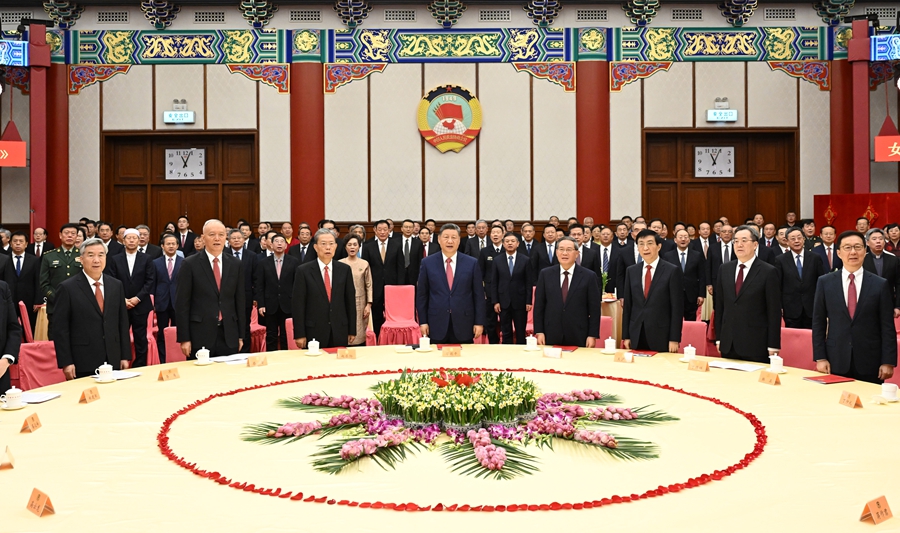OPPOSITION LEADERS “DISAPPEARING.”
OPPOSITION LEADERS “DISAPPEARING.”
Viktar Hanchar and Anatol Krasouski, prominent figures in the Belarusan opposition, are unaccounted for since “disappearing” during the night of September 16-17 while driving home on a Minsk street. But they did not disappear without a trace: A blood stain and broken glass from their car were found by their supporters at the probable site of the disappearance.
Hanchar was recently elected acting chairman of the forcibly dissolved parliament, which is internationally recognized as legitimate. He is set to become its chairman once the current holder of that post, Syamyon Sharetsky, is proclaimed acting president of the country. Hanchar headed the opposition’s Central Electoral Commission which conducted an alternative presidential election in April-May 1999. Krasouski, one of the few large-scale private businessmen in Belarus, is an important donor to the opposition.
Hanchar and Krasouski are not the first case of a “disappearance” in Minsk. The former internal affairs minister, Major-General (retired) Yuri Zakharenka, vanished under suspicious circumstances on May 17 and has been unaccounted for since. Zakharenka headed a commission set up by the opposition to investigate criminal violations of the law by the authorities. He also directed the campaign of former Prime Minister Mikhail Chyhir in this year’s alternative presidential election. Although Chyhir has been detained by the authorities since April, no charges have been made against him. His imprisonment is thus unquestionably illegal.
A common denominator of Hanchar, Zakharenka and Chyhir is their past association with President Alyaksandr Lukashenka and their break with him after he had turned dictator. Some local observers detect here a pattern of official retribution against disloyalty to the president.
A case which seems nonpolitical is that of Tamara Vinnikava, former president of the Belarusan National Bank. Vinnikava disappeared on April 17 from her Minsk apartment, in which she was being guarded around the clock by the Belarusan KGB (still so named). Vinnikava had previously spent one year in investigative detention on vague and changing charges, and was afterward confined to house arrest pending a trial which the authorities kept postponing, apparently for lack of evidence.
The American and other embassies in Minsk have in recent days expressed their concern to the Belarusan government over the series of disappearances. In a strongly worded statement, disseminated in Minsk yesterday, the U.S. State Department described the victims as “opponents of the prolongation of Lukashenka’s regime” and underscoring the government’s responsibility for their fate. Amnesty International suspects that Hanchar and Krasouski may be held in solitary confinement by the authorities.
Presidential officials and state media have initially insinuated that Hanchar and the others may have staged their own disappearances and possibly fled abroad. The country’s main television channel has accused Hanchar of being unable to account for funds purportedly received by the opposition from the West. On September 21, however, the authorities went through the motions of launching an investigation to find Hanchar and Krasouski (Belapan, Minsk Television, Itar-Tass, AP, September 17-22).
CASPIAN SEA STATUS: MOSCOW REACHES BACK TO SOVIET TREATIES.


